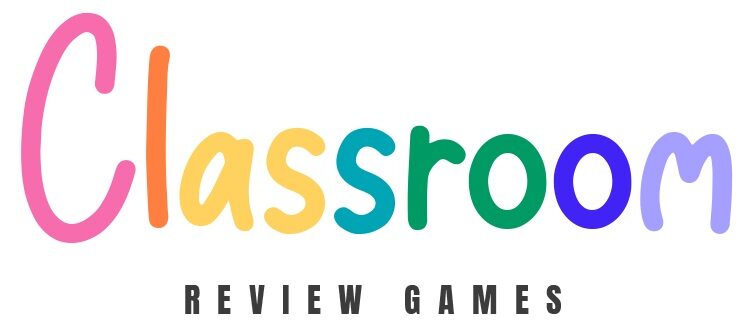Best Classroom Board Games
Board games are can be powerful educational tools in the classroom. They promote critical thinking, strategic planning, teamwork, and reinforce curriculum content across various subjects. Here’s a look at some classic and modern board games that can be adapted for educational purposes, along with ideas for incorporating them into classroom learning.
Scrabble
Use Scrabble to enhance vocabulary and spelling skills. Challenge students to form words related to a specific lesson or subject area, like science terms or historical figures.
Apples to Apples
Customize this game for language learning by creating themed decks related to grammar, literary devices, or vocabulary. Students can practice language skills while selecting the most appropriate or creative word matches.
Jenga
Transform Jenga into a trivia game where each block is associated with a question. Before a student can move a block, they must correctly answer a question related to the current unit of study.
Monopoly
Use Monopoly to teach economic concepts, financial literacy, and math skills. Create custom property cards related to historical landmarks or scientific discoveries to integrate subject-specific learning.
Candy Land
Adapt Candy Land for younger students by associating each color or space with a question, task, or vocabulary word. This can cover a range of subjects from basic math to early language skills.
Connect4
Turn Connect4 into a strategy game where students must answer subject-related questions correctly to make a move. This can be adapted for math problems, grammar questions, or historical facts.
Taboo
Customize the Taboo cards to include key terms from any subject. Students must describe the term to their teammates without using the “taboo” words, practicing precise language and reinforcing their understanding of the material.
Balderdash
Create a classroom version focused on academic topics, where students must write convincing definitions or explanations for obscure vocabulary words, historical events, or scientific terms.
Bananagrams
Challenge students to create grids of words that are all connected to a particular theme, such as ecosystems, government types, or elements of a story, to build vocabulary and spelling skills.
Battleship
Use Battleship to practice coordinates in math, plot points on a map for geography lessons, or even conjugate verbs in language classes, with each hit representing a correctly conjugated verb.
Blokus
Incorporate Blokus to develop spatial reasoning and geometry skills. Have students reflect on their strategies and the geometric shapes they create during gameplay.
Guess Who
Customize Guess Who with images of historical figures, literary characters, or even elements from the periodic table. Students ask yes/no questions to deduce the identity of the character or element.
Scattergories
Tailor Scattergories lists to classroom topics, requiring students to think of words related to a specific subject under each letter, enhancing vocabulary and quick-thinking skills in that area.
Snakes and Ladders
Each ladder or snake can represent correct answers to questions or challenges based on the current topic of study, integrating chance with knowledge reinforcement.
Tic Tac Toe
Turn Tic Tac Toe into a review game where students must answer a question correctly before placing their X or O, making it a quick and effective review tool for any subject.
Ticket to Ride
Use Ticket to Ride to teach geography, strategic thinking, and planning. Discuss the historical and economic significance of the cities and routes featured in the game.
Boggle

Challenge students to find words related to a recent lesson or subject area, promoting quick thinking and vocabulary expansion.
Careers Bingo
Create Bingo cards with career names, tools, or duties. Use this game for career exploration or to reinforce vocabulary in vocational education.
Catan
Utilize Catan to discuss resource management, economic principles, and strategic planning. Students can reflect on their decisions and the outcomes of the game in relation to historical or current economic systems.
Pressman Charades for Kids
Adapt charades for classroom content by having students act out key terms, historical events, or scientific processes without speaking, encouraging creativity and active learning.
I Spy Dig In
Use this game for younger students to identify objects, colors, and shapes, or for older students to find items related to a specific subject area, enhancing observation and categorization skills.
Pictionary
Play Pictionary with a twist by having students draw concepts, events, or terms from recent lessons, promoting understanding and recall in a fun, visual format.
Qwirkle Board Game
Incorporate Qwirkle to teach patterns, sorting, and strategic thinking. Discuss the strategies used and the mathematical or logical concepts behind them.
Race to the Treasure
Use this cooperative game to encourage teamwork and strategic thinking. Integrate subject-specific questions that teams must answer to advance, making the race to the treasure a race to knowledge.
